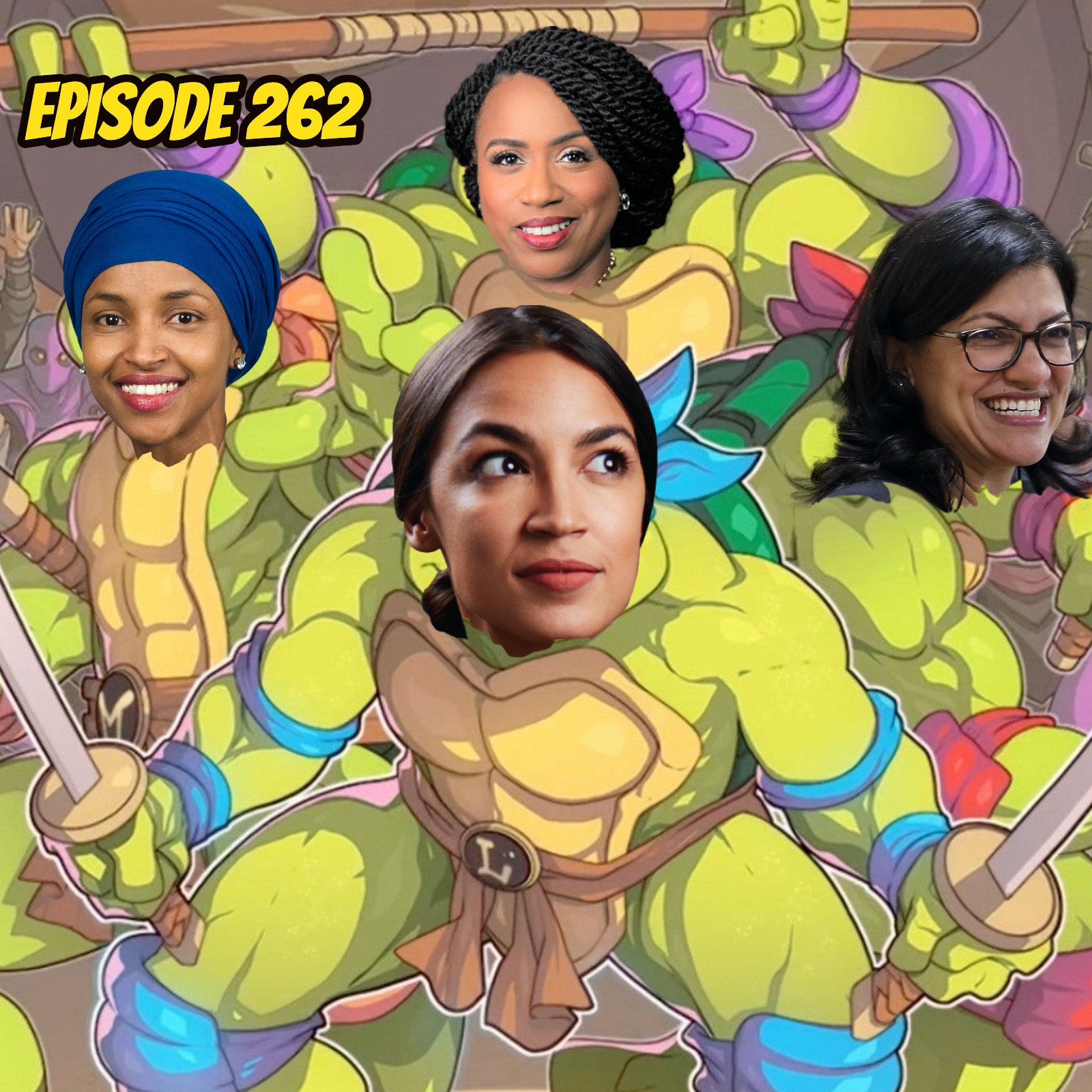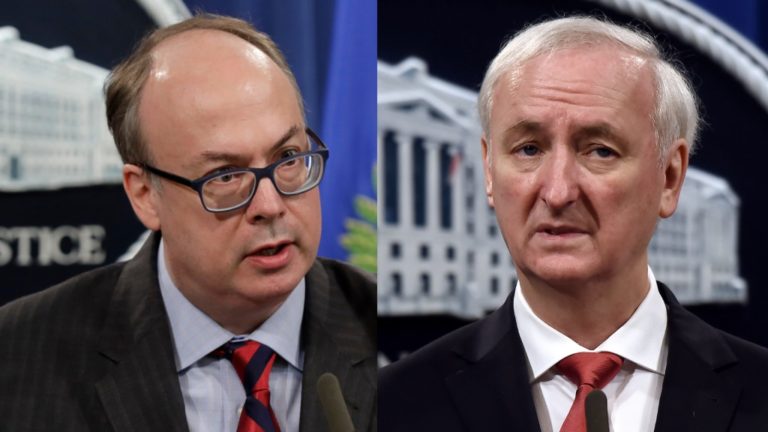

In the December call, the notes show both officials pushed back against Trump, who, at one point, alleged that there had been widespread fraud in Georgia, Michigan, Nevada and Arizona, which he described as “corrupted elections” – an assertion that drew an immediate condemnation from Donoghue.

FORMER ACTING ATTORNEY TESTIFIES TRUMPS SUBVERT FREE
Officials at the DoJ and the White House Office of Legal Counsel concluded that executive privilege exists to protect the country, rather than a single individual – and said in a letter it would not be appropriate to invoke the protection for Trump’s efforts to push his personal agenda.Ĭarolyn Maloney, the chair of the House oversight committee, on Friday commended the release of the memos: “These handwritten notes show that President Trump directly instructed our nation’s top law enforcement agency to take steps to overturn a free and fair election.” The move by the DoJ also follows its decision this week not to assert executive privilege for Rosen to testify to Congress – clearing the path for other top Trump administration officials to appear before congressional committees investigating the former president. The DoJ has typically fought to keep private, executive-branch discussions between presidents and top advisers secret, to avoid setting a precedent that could prevent officials from having candid conversations for fear that they might later becoming public.īut the DoJ’s release of the Donoghue memos to Congress reflects a determination that, as with Richard Nixon and Watergate, congressional investigators ought to have the ability to scrutinize potential wrongdoing by a sitting president. “Congressman Jordan did not, has not, and would not pressure anyone at the justice department about the 2020 election,” a spokesperson said.


Jordan was among a slew of House and Senate Republicans who voted against certifying Biden’s election victory at the joint session of Congress on 6 January, before a mob of Trump supporters stormed the Capitol in a violent insurrection that left five dead and nearly 140 injured.īut the top Republican on the powerful House judiciary committee has since downplayed his role in the former president’s pressure campaign. The memos taken by Donoghue and turned over to the House oversight committee, which has been investigating Trump and the 6 January attack on the Capitol, directly connect key Republicans to his disinformation campaign to unlawfully subvert the 2020 election. Trump did not specifically name the members of Congress on board with his plan, but at various points through the call referred to the House Republicans Jim Jordan and Scott Perry, as well as the Senate Republican Ron Johnson, who are some of his most vociferous defenders on Capitol Hill. In the December call, Donoghue told Trump that the justice department had no power to change the outcome of the election, to which the former president replied that he had no such expectation and that he and his allies in Congress would advance the voter fraud claims. It is also the latest example of the far-reaching campaign mounted by Trump over the final weeks of his presidency to cast doubt on the results of the 2020 election, which he lost to Joe Biden in a contest devoid of any widespread voter fraud. Trump’s demand to the justice department represents an extraordinary instance of a president seeking to influence an agency that is supposed to operate independently of the White House to advance his own personal interests and political agenda.


 0 kommentar(er)
0 kommentar(er)
